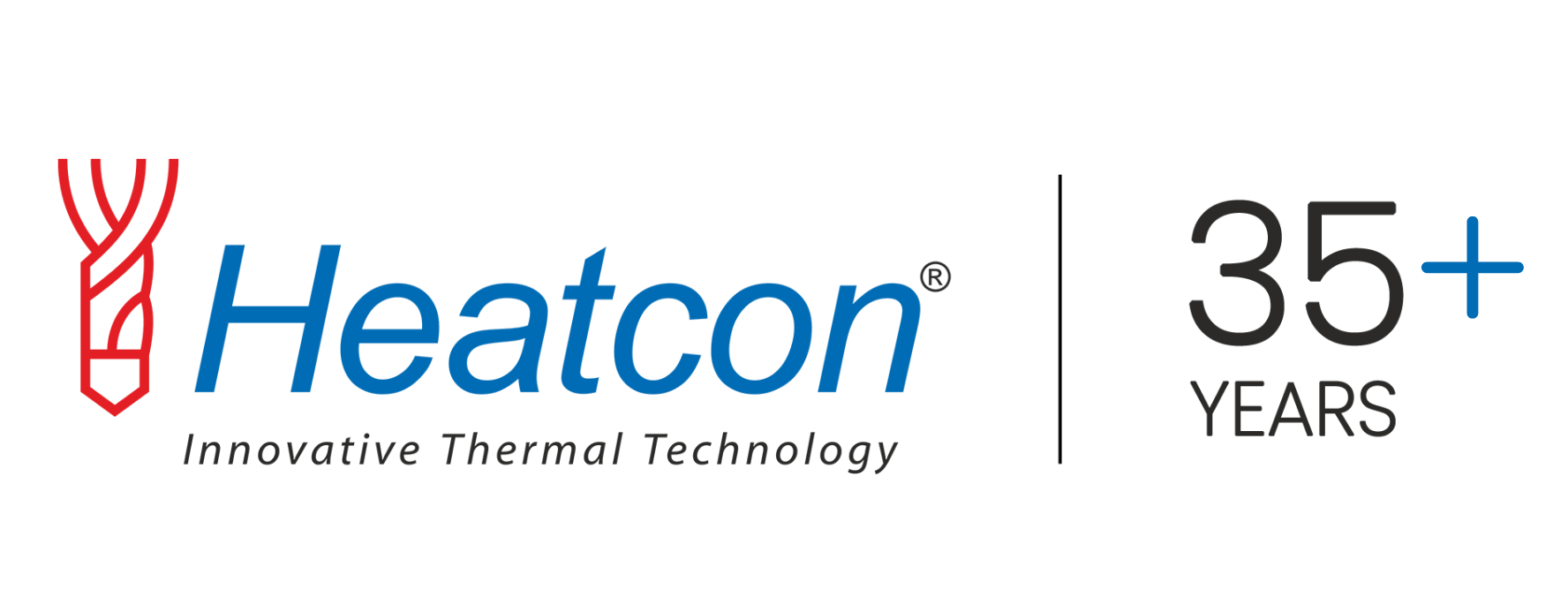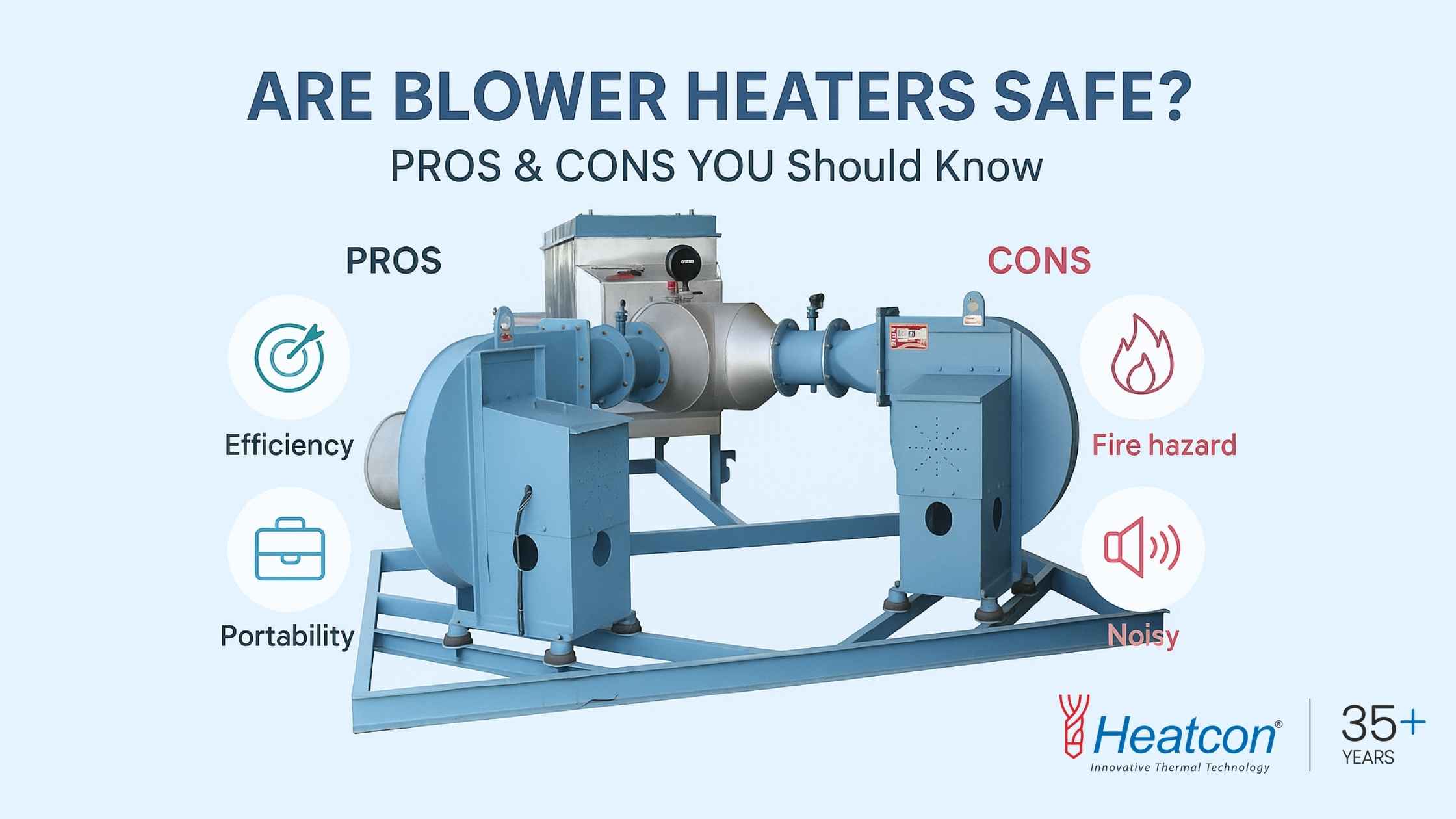What are blower heaters and how do they work?
Blower heaters function by pulling in air, heating it with electric coils, and then expelling the warm air into a room through a fan. Unlike traditional radiant heaters, heaters with blowers can heat a space quickly and evenly, making them a preferred option in colder climates. Their compact design and portability also make them attractive as a blower heater for home use. However, their design also leads to certain limitations and safety concerns that must be examined closely.Is blower heater good for health?
One of the most pressing queries users have is: is blower heater good for health? While blower heaters warm up spaces effectively, they tend to reduce humidity levels in a room, leading to dry skin, nasal irritation, and eye discomfort. Prolonged use can worsen respiratory conditions, especially in children and elderly individuals. This does not mean they are inherently unsafe but rather emphasizes the need for cautious and limited use, ideally with proper ventilation and moisture balance in the room.Disadvantages of blower heater
While blower heaters offer immediate warmth, several disadvantages of blower heater models should be noted:- Dry air: As noted, continuous use can lead to dryness and discomfort.
- Noise levels: The fan mechanism makes them noisier than radiant or oil-filled heaters.
- Short-term heating: They provide quick heat but do not retain warmth once turned off.
- Electricity consumption: Compared to other options, blower heaters often consume more electricity.
Are blower harmful in the long run?
Another concern often raised is whether are blower harmful for long-term use. The harm depends on how frequently and in what conditions they are used. In poorly ventilated spaces, the excessive dryness caused by blower heaters may contribute to respiratory irritation. From a safety standpoint, the risk of fire hazards also increases if they are placed near curtains, furniture, or flammable items. Thus, while they are not inherently dangerous, misuse or overuse can amplify risks.Blower heater review: what do users say?
Looking at any blower heater review, one finds a mix of opinions. Positive reviews highlight their portability, affordability, and rapid heating. Negative reviews, however, point to their noise, dryness, and higher electricity bills. This mixed experience reflects the importance of balancing their convenience with awareness of limitations and exploring alternatives when possible.Heating blower gun and industrial applications
Beyond homes, blower-based heating technology extends to industrial tools such as the heating blower gun. These are powerful devices used for applications like shrinking materials, stripping paint, and shaping plastics. Here, precision and reliability are vital. Companies like Heatcon Sensors step in by supplying not just heaters but also advanced equipment such as furnaces, ovens, electric furnaces, hot air blowers, high density cartridge heaters, and temperature sensors that ensure safe and efficient industrial heating.Room heaters and blowers: home vs industrial comparison
While room heaters and blowers serve everyday households, industrial-grade heating demands robust solutions. Heatcon Sensors specializes in customized RTDs, thermocouples, and K-type temperature sensors tailored for pipelines, furnaces, and manufacturing processes. The company’s expertise lies not just in producing heat but in precisely measuring and controlling it, ensuring higher efficiency and safety for industries across India, the US, UAE, Germany, South Korea, Saudi Arabia, Russia, Indonesia, Bahrain, and Kuwait.Pros of blower heaters
- Quick heating capability for small to medium-sized rooms.
- Affordable compared to oil-filled or radiant heaters.
- Lightweight and portable.
- Readily available and easy to use.
Cons of blower heaters
- Dryness and potential irritation of skin, eyes, and respiratory tract.
- Noise from the blower fan.
- High electricity consumption for continuous use.
- Potential fire hazard if improperly placed.
Why Heatcon Sensors is the safer choice
Instead of relying solely on traditional blower heaters, industries and serious users can explore advanced heating solutions by Heatcon Sensors. With over three decades of expertise, Heatcon manufactures:- Customized RTDs and thermocouples for industrial pipelines.
- Electric furnaces, ovens, and hot air blowers for heavy-duty applications.
- High density cartridge heaters for compact and efficient heating.
- Industrial ovens and laboratory furnaces for research and production.
How to reach Heatcon Sensors
If you’re considering upgrading from basic blower heaters to reliable, industrial-grade heating and sensing equipment, you can connect with Heatcon Sensors in three ways:- Submit your information on the official contact form: https://heatconsensors.com/contact-us/
- Leave a message on WhatsApp through the interface available on Heatcon’s website.
- Call directly at +91 9164833027 or +91 9844233244 for immediate assistance.
About Heatcon Sensors
Heatcon Sensors is a Bangalore-based global manufacturer specializing in customized temperature sensors, RTDs, thermocouples, and advanced heat-generating equipment. Serving clients across India and international markets including the US, UAE, Germany, South Korea, Saudi Arabia, Russia, Indonesia, Bahrain, and Kuwait, Heatcon is a trusted partner in industrial heating innovation. With a focus on safety, efficiency, and tailored engineering, Heatcon Sensors ensures clients never have to compromise on quality or reliability.Are blower heaters safe? Pros & cons you should know — FAQ
Used sparingly in a ventilated room, most people tolerate blower warmth well, but prolonged dry air can irritate eyes, skin, and sinuses—especially for children, older adults, or those with asthma. A humidifier, short heating bursts, and safe placement reduce issues. For continuous comfort in homes or light commercial spaces, Heatcon Sensors recommends pairing space heat with precise temperature sensing to avoid overdrying.
- Keep relative humidity around 40–50%.
- Avoid directing hot air at your face while sleeping.
- Use thermostat/auto-cutoff when available.
The most cited disadvantages of blower heater units include dry air, fan noise, immediate chill once switched off, and potential high power draw if run for hours. Keep soft furnishings clear of intakes/outlets and never leave the unit unattended. For sustained, even warmth, Heatcon Sensors designs hot air blowers and control systems that better regulate output for workshops and labs.
- Plan usage in short cycles to maintain humidity.
- Position at least 1 meter away from curtains and bedding.
- Prefer models with tip-over and overheat protection.
Running any compact heater all night raises risks: dry air, tip-over, covered vents, and unnoticed overheating. While not inherently unsafe, are blower harmful depends on placement, maintenance, and room conditions. Set a timer, avoid extension cords, and keep a clear 1-meter radius. For critical environments, Heatcon Sensors advocates thermostatic control with certified RTDs and thermal cutoffs.
- Use a wall outlet; avoid daisy-chained power strips.
- Clean dust from grills; blocked airflow increases heat stress.
- Combine with a humidifier if overnight use is necessary.
Look for auto shut-off, cool-touch housing, thermostat, and a stable base. A compact blower heater for home with these features, used in short cycles, is typically the safest. For apartments and small offices, Heatcon Sensors recommends pairing space heaters with accurate room sensing so you heat to need—not guesswork—preventing overuse and lowering bills.
| Feature | Why it matters |
|---|---|
| Thermostat/Auto-cutoff | Prevents overheating and unnecessary power draw. |
| Tip-over switch | Stops heating instantly if the unit falls. |
| Metal grille & stable base | Reduces burn and toppling risks. |
A balanced blower heater review usually praises fast warm-up and portability, while noting fan noise, localized hot spots, and dry air. Reviewers often add that running costs rise when heaters are used as a primary heat source. Heatcon Sensors addresses these trade-offs in industrial contexts with engineered hot air blowers, ducting, and sensor-driven control for even, efficient heating.
- Pros: quick comfort, easy to move, small footprint.
- Cons: noisy at high speed, air dryness, limited heat retention.
Pick heaters with blowers when you need quick spot-warming for short periods—entryways, small rooms, or workshops. For longer sessions or overnight comfort, radiant or oil-filled units often feel gentler. Heatcon Sensors helps organizations spec the right mix of space heating, industrial ovens, and sensor feedback to balance response time with air quality and energy use.
A heating blower gun focuses very hot air onto a small area for tasks like shrink-wrapping, paint removal, or plastic forming. In contrast, room heaters and blowers spread warm air to increase ambient temperature. Heatcon Sensors supplies industrial hot air blowers, electric furnaces, and precision temperature sensors so processes reach target temperatures safely and repeatably.
- Blower gun: localized, high-temperature, short duration tasks.
- Room blower: broader, lower-temperature ambient heating.
Yes. Beyond consumer units, Heatcon Sensors engineers hot air blowers, high-density cartridge heaters, electric furnaces, laboratory furnaces, and custom RTD/thermocouple systems that integrate with controls for stable, efficient heat. For homes and small offices, we recommend sensible blower usage plus reliable sensing. For factories and labs, we design end-to-end solutions with commissioning and support across India and worldwide.
- Consultation & specification support.
- Custom sensors for tighter temperature windows.
- Scalable heating equipment for diverse environments.
Talk to Heatcon Sensors: contact form at https://heatconsensors.com/contact-us/ • WhatsApp via the website • Call +91 9164833027 or +91 9844233244.


